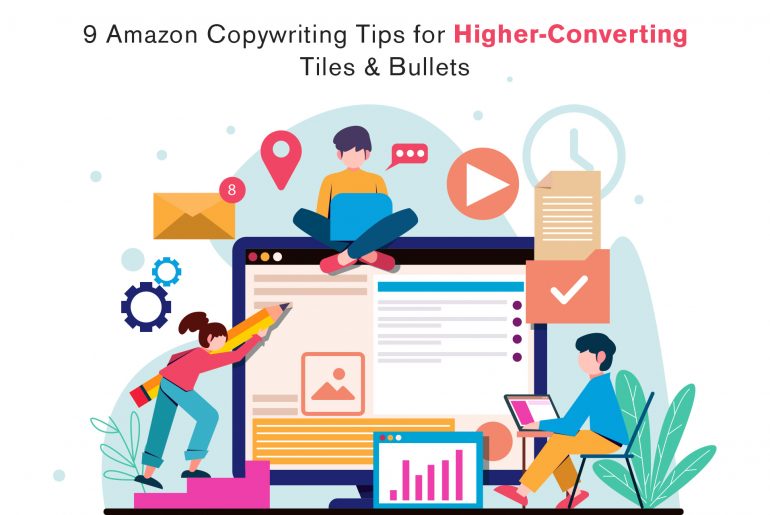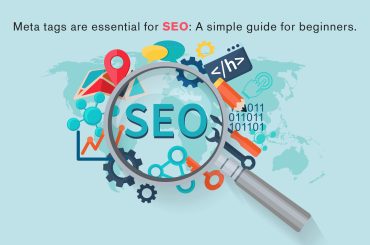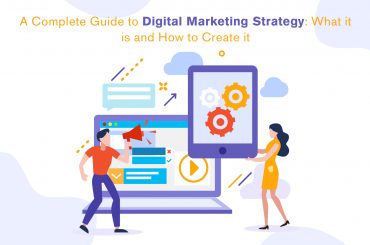Meta tags have been around since the early days of the Internet, but they’re still just as important today as they were back then. Many search engines such as Google and Bing use them to pull up your paid or organic search results, even if you don’t include your keywords in the meta tags themselves. So what are these mysterious little tags? And how can you use them to help your Amazon copywriting? Keep reading to find out more copywriting tips!
Diligent Keyword Research
One of my favorite copywriters, Marie Forleo, said that there is no strategy without diligent keyword research. She’s right – keywords can make or break your sales page. So how do you find them? The easiest way to brainstorm high-converting terms is to start with long-tail keywords.
Understand Your Audience
Before you can persuade readers, you must understand who they are and what matters to them. Good copywriting is about empathy; to connect with your audience on a deep level, you have to be able to put yourself in their shoes.
Balance Persuasion with traffic
There’s a difference between writing persuasive copy and writing traffic-grabbing copy. You can have one without the other, but if you want both, you need to understand how to balance persuasion with traffic in your headlines and bullets.
Keyword-Rich Titles
Search engine algorithms favor keyword-rich titles-shorter titles that include essential words and phrases. Also known as meta tags, these are essential to your product descriptions because they help shoppers find your products on e-commerce sites like Amazon.
Most importantly, they play a vital role in increasing conversion rates since they help boost click-throughs from search results.
Beyond Boring Bullets
If you’re not using bullets in your descriptions, you’re missing out on one of the easiest ways to sell more stuff. Why? Because many people aren’t going to read through walls of text—and if they do, they probably won’t remember what they read anyway.
Integrate Customer Questions
Integrating customer questions into your copy is a powerful way to anticipate their needs and build trust with your audience. We’ve already seen how asking questions can improve clickthrough rates, but it also has other benefits.
By including one or two questions in your headline, you’re inviting readers to engage with you, which can help boost conversion rates.
Mimic Your Customer’s Language
Customers feel more connected to businesses they perceive as similar to themselves. By mimicking your customers’ Language and paying attention to how they talk about their problems, you can effectively reach them deeper and produce compelling content.
Stay Out of Trouble
You can save yourself a lot of trouble if you write down a few things before starting your listing. Ask yourself:
- Who is my target customer?
- What are their biggest problems?
- How will my product help them solve these problems?
You should also look at your competition and make sure that what you’re offering isn’t already out there. Write out each of these points, ask yourself questions, and don’t forget to double-check with research.
Always be A/B Testing
If you aren’t A/B testing your bullets and titles, you are wasting many opportunities to increase conversions. Always be A/B testing. Do not leave any chance unturned!
Conclusion
Use these copywriting tips to create more compelling, higher-converting tiles and bullet points on your website. Always use meta tags for pieces of information it contains. If you need any professional help, contact us today and let our professionals help you with copywriting tips.
Frequently Asked Questions
1. How to improve the conversion rate of any website?
To improve your conversion rate, ensure that you’re using visuals such as images or videos that help to showcase your product. They have been proven to increase conversion rates by more than 80%.
Also, it’s important to ask questions of your visitors and make them feel like they are part of a conversation, rather than just another website visitor. Finally, when someone does take an action on your website (makes a purchase for example), don’t leave them there!
2. What is Copywriting?
Copywriting is another term for content marketing—the practice of using digital media to deliver your brand’s message in a memorable, meaningful way. Copywriting is more than just writing words; it’s creating content that fits your business goals and resonates with your audience.





